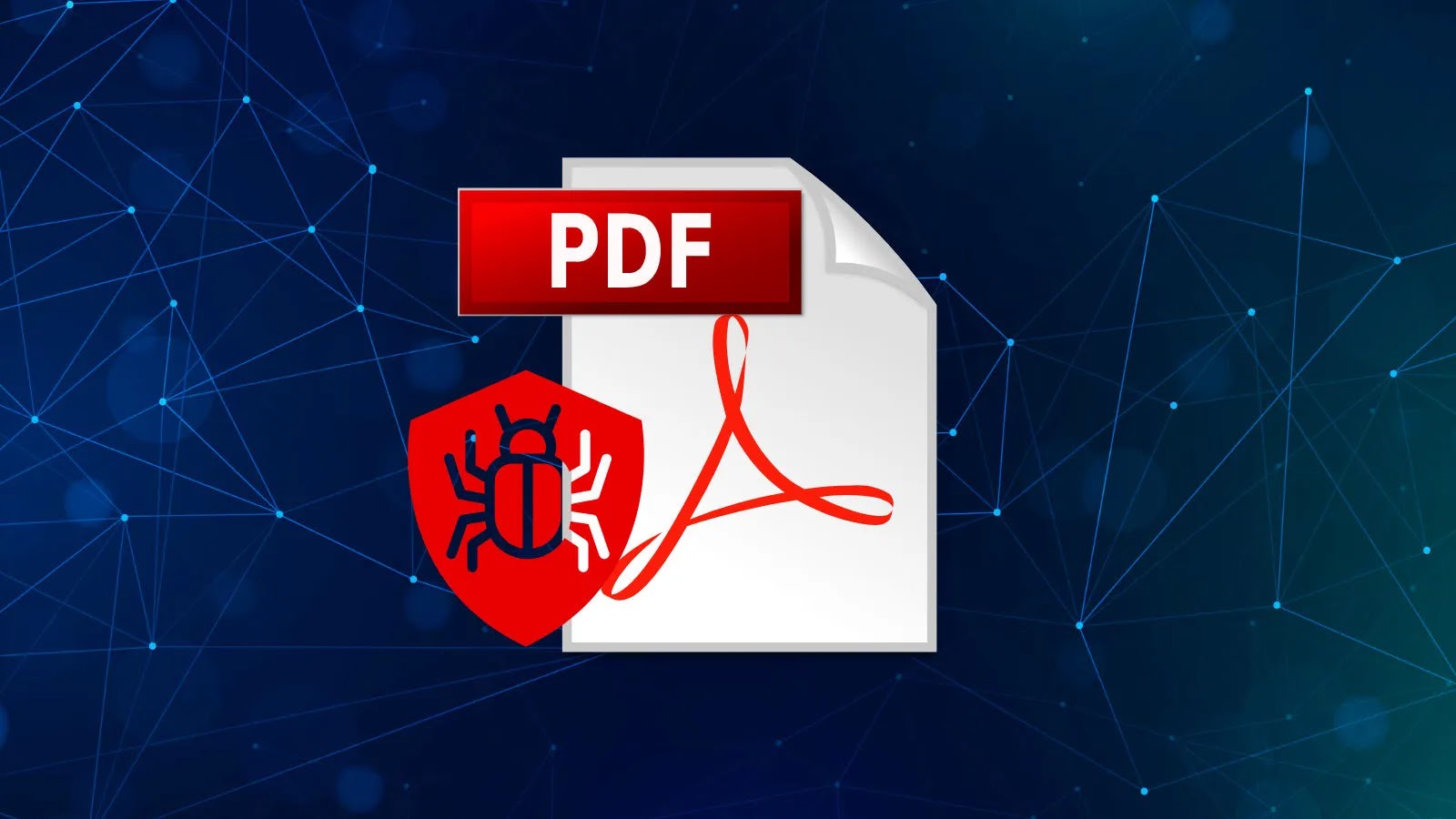Mozilla has urgently released security updates to address two critical vulnerabilities in its Firefox browser, identified as CVE-2025-4918 and CVE-2025-4919. These flaws, discovered by security researchers, could allow attackers to execute arbitrary code on users’ systems, posing significant security risks.
Details of the Vulnerabilities
The first vulnerability, CVE-2025-4918, involves an out-of-bounds read or write issue when handling JavaScript Promise objects. This flaw was identified by Edouard Bochin and Tao Yan from Palo Alto Networks. The second vulnerability, CVE-2025-4919, allows attackers to perform an out-of-bounds read or write on a JavaScript object by confusing array index sizes. This issue was reported by security researcher Manfred Paul.
Affected Versions
These vulnerabilities affect multiple versions of Firefox:
– Firefox versions prior to 138.0.4.
– Firefox ESR (Extended Support Release) versions prior to 128.10.1.
– Firefox ESR versions prior to 115.23.1.
The Common Vulnerability Scoring System (CVSS) has rated these vulnerabilities with a base score of 8.8, indicating a high level of severity.
Immediate Action Required
Mozilla has responded promptly by releasing updates to mitigate these vulnerabilities. Users are strongly advised to update their Firefox installations to the latest versions:
– Firefox 138.0.4.
– Firefox ESR 128.10.1.
– Firefox ESR 115.23.1.
To update Firefox, users can navigate to the Help menu and select About Firefox. Mac users should select About Firefox from the Firefox menu. This action will prompt the browser to check for and install available updates.
Broader Context and Implications
These vulnerabilities were reportedly demonstrated at the Pwn2Own 2025 security competition, highlighting the ongoing challenges in browser security. The rapid identification and patching of these issues underscore the importance of collaboration between security researchers and software developers in maintaining the safety of digital platforms.
In recent months, similar vulnerabilities have been identified and addressed in other browsers. For instance, in March 2025, Mozilla patched a critical sandbox escape vulnerability (CVE-2025-2857) in Firefox for Windows, which was similar to a zero-day vulnerability (CVE-2025-2783) that affected Google Chrome. These incidents highlight a pattern of security challenges across different browsers, emphasizing the need for continuous vigilance and prompt updates.
Recommendations for Users
Given the potential for these vulnerabilities to be exploited in the wild, it is crucial for users to:
– Update Promptly: Ensure that Firefox is updated to the latest version to benefit from the security patches.
– Enable Automatic Updates: Configure Firefox to update automatically, reducing the risk of exposure to future vulnerabilities.
– Stay Informed: Regularly check for security advisories from Mozilla and other trusted sources to stay aware of potential threats.
By taking these steps, users can significantly enhance their security posture and protect their systems from potential exploits.
Conclusion
The discovery and prompt patching of these critical vulnerabilities in Firefox serve as a reminder of the ever-present threats in the digital landscape. Users are urged to update their browsers immediately and remain vigilant against potential security risks. Maintaining up-to-date software is a fundamental aspect of cybersecurity hygiene, essential for safeguarding personal and organizational data.



